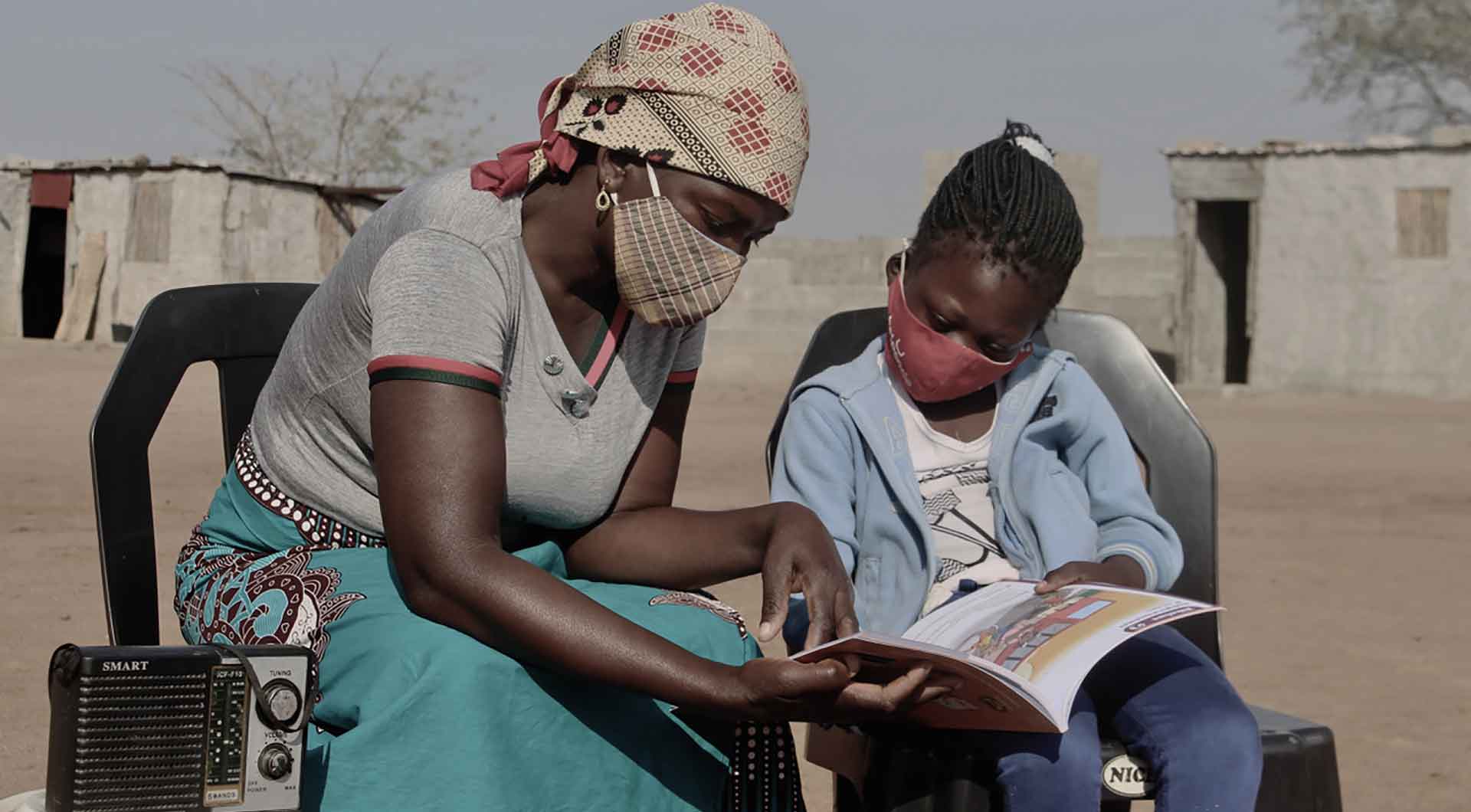
We can still end AIDS by 2030, but only if we act courageously and together to take on inequalities. We know what works from observing positive responses in some of the most affected places but we need to apply that everywhere for everyone. The transformative approach that we need to end AIDS will also protect the world against future pandemics.

As we commemorate World AIDS Day on 1 December 2021, inequalities are acting as an impediment in ending AIDS and other epidemics. We support the growing calls demanding refocusing of energy towards ending inequality, ending AIDS and ending pandemics.
HIV and AIDS kills and disables adults in the most productive part of their lives. First and foremost it affects the infected person’s life, consequently, it goes further to affect business, investment, industry and agricultural sustainability. Many people who become sick from AIDS related diseases ultimately encounter a reduction in their families' income. Therefore, AIDS epidemic not only affects the health of individuals, it also impacts households, communities, and the development and economic growth of nations. Many of the countries hardest hit by HIV also suffer from other infectious diseases, food insecurity, and other serious problems.

In 2016, the United Nations General Assembly’s Political Declaration on Ending AIDS committed countries to the UNAIDS 90–90–90 targets, which aimed to bring HIV testing and treatment to the vast majority of people living with HIV by the end of 2020; 90% of people living with HIV were to know their HIV status, 90% of people living with HIV were to access treatment and 90% of people on treatment were to achieve viral suppression. In 2020, thanks to the tireless work of activists, civil society, governments and countless others, we made it to 84-73-66. From 2021 to 2030 focus has shifted to UNAIDS 95-95-95 targets over the same three pillars.
Economic, social, cultural and legal inequalities must be ended as a matter of urgency to achieve these new targets and end the AIDS pandemic. We know what is required to end AIDS, we know what the inequalities obstructing progress are and we know how to tackle them. Humana People to People members have been on the frontline of community HIV prevention and response for the last four decades. Our approach, ‘Total Control of the Epidemic ‘(TCE), is centred on the idea that “Only the people can liberate themselves from AIDS the epidemic.”

“One of the early weapons we had when we started implementing HIV programmes were the people living with HIV who were willing to come out and share their testimonies openly to others. The courage to tell others how they survived stigma and discrimination inspired hope in others to take initiatives and take control of HIV in their lives,” says Snorre Westgaard, Chairman of Humana People to People.
We have systematically delivered awareness, linkages to HIV services and support for treatment adherence to over 20 million people worldwide. As we get closer to ending the pandemic, however, those left behind remain the most vulnerable and hardest to reach. At the same time, global investment in the HIV response is reducing.
“As we move into the next phase of the AIDS response, the risk of political neglect increases as the epidemic concentrates among the most marginalised, discriminated against and criminalised – key populations and adolescent girls and young women,” says Winnie Byanyima, the Executive Director of UNAIDS in her remarks at the High-Level Meeting on AIDS in June 2021.
ADPP Mozambique, a founding member of Humana People to People, celebrates 20 years of fighting HIV/AIDS, having reached over 5.5 million people in Mozambique through TCE program since 2001. Over the years, it has equipped and promoted accessibility of quality health services as a constitutional right for all citizens.
Currently ADPP Mozambique is operating several TCE projects across Mozambique. The majority of which target most-at-risk groups such as adolescent girls and young women aged 10-24, commercial sex workers, and remote populations who face increased risk of TB and HIV.
In 2020 alone, ADPP Mozambique HIV testing campaigns found 8,485 new People Living with HIV, 97.2% of whom were initiated on treatment. ADPP Mozambique also contributed to finding 14,932 missing active TB cases and were initiated on treatment last year.
“I started HIV treatment after several visits of an HIV activist of ADPP Mozambique. Currently, I am getting a monthly food basket for my nutrition support. I am a member of the Savings and Revolving Credit club from it I got a loan to start my business,” says Linduina Almeida.
In alignment with the UNAIDS 95-95-95 strategy, our members are currently working to ensure people know and understand their HIV status. And that those who test HIV positive receive the sustained treatment they need, with the ultimate aim of suppressing the virus.